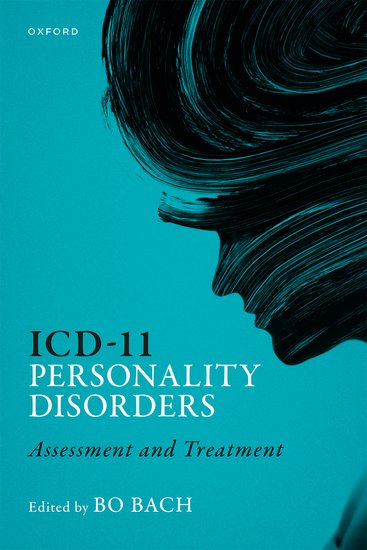How Everyone Became Depressed: The Rise and Fall of the Nervous Breakdown

Book Details
- Publisher : Oxford University Press
- Published : 2013
- Cover : Hardback
- Pages : 304
- Category :
Clinical Psychology - Catalogue No : 34769
- ISBN 13 : 9780199948086
- ISBN 10 : 0199948089
Also by Edward Shorter
There are currently no reviews
Be the first to review
This book argues that psychiatry's love affair with the diagnosis of depression has become a death grip. Depression is a real illness, especially in its melancholic form. But most patients who get the diagnosis of 'depression' are also anxious, fatigued, unable to sleep, have all kinds of physical symptoms, and tend to obsess about the whole thing. They do not have a disorder of 'mood'. It is a travesty to call them all 'depressed.' How did this happen? How did everyone become depressed? A well-known historian, the author describes how in the 19th century patients with those symptoms were considered 'nervous,' and when they lost control it was a 'nervous breakdown.' Then psychiatry turned its back on the whole concept of nerves, and - first under the influence of Freud's psychoanalysis and then the influence of the pharmaceutical industry - the diagnosis of depression took center stage. The result has been a scientific disaster, leading to the misdiagnosis and inappropriate treatment (with antidepressants) of millions of patients. Urging that the diagnosis of depression be re-thought, the book turns a dramatic page in the understanding of psychiatric symptoms that are as common as the common cold. The book makes an immediate contribution to the debate about DSM5, which is due to be released very soon, in terms of discussing the diagnosis of depression. The author controversially proposes replacing the diagnosis of 'major depression' with 'melancholia' and 'nonmelancholia'; he argues that depression and anxiety usually occur together and are really the same disease; and he says that patients with so-called mood disorders really have a disorder of the entire body. The author's ability to make use of the enormous well of psychiatry's past history in several languages make this a unique book that contributes to the important discussions today of diagnosis and treatment.
Customer Reviews
Our customers have not yet reviewed this title. Be the first add your own review for this title.
You may also like
Relating to Voices using Compassion Focused Therapy: A Self-help Companion
Charlie Heriot-Maitland
Price £21.99
Clinician's Handbook for Obsessive Compulsive Disorder: Inference-Based Therapy
Kieran O'Connor
Price £35.95










